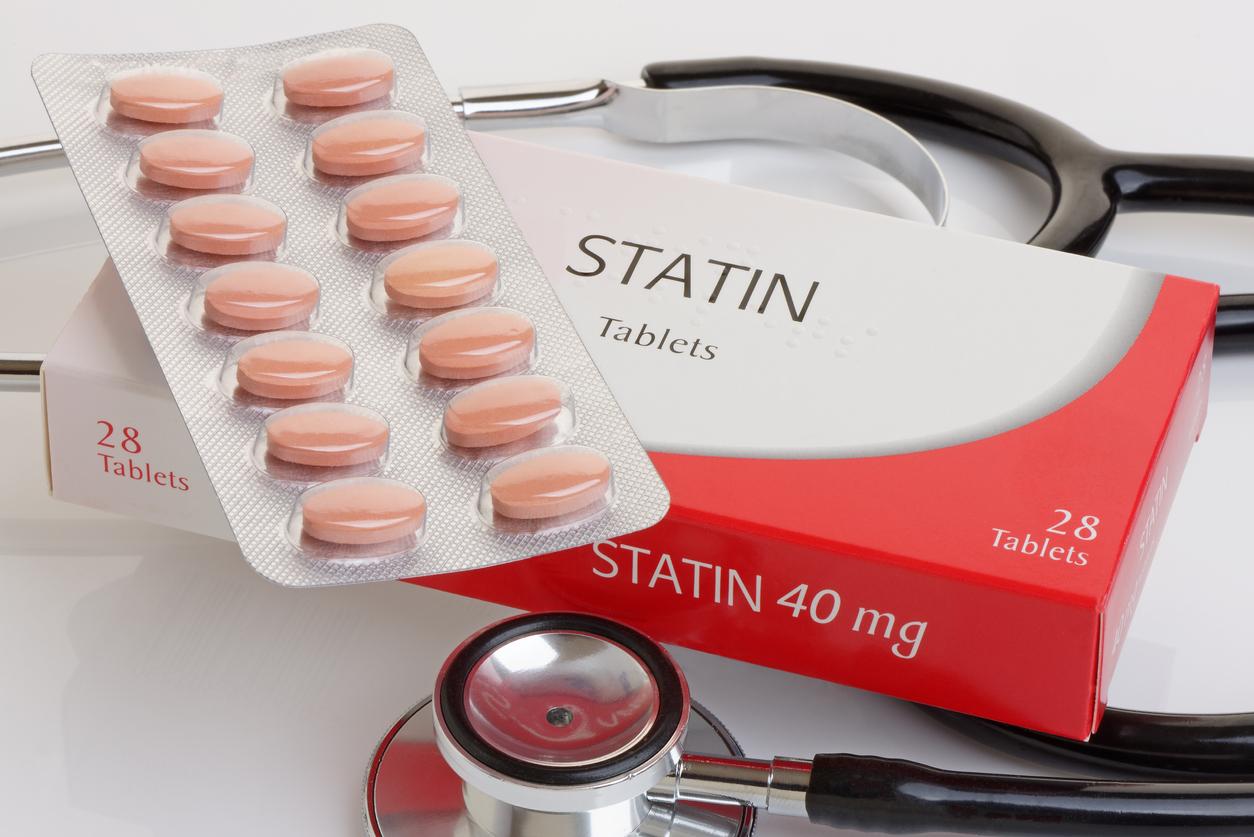Simvastatin, the widely available statin drug used to treat high cholesterol and triglyceride levels, has a 96% probability of improving outcomes for critically ill COVID-19 patients and a 92% chance of improving survival at 3 months, according to new results from the ongoing Randomized Embedded Multifactorial Adaptive Platform for Community Acquired Pneumonia (REMAP-CAP) trial.
The global trial began in March 2020 and is ongoing. The goal of the multicenter, international trial is to see how and if different known treatments, including essential medicines, could aid COVID-19 patients.
Previously, simvastatin had been shown to reduce pulmonary and systemic inflammation in mouse and human models of lung injury, suggesting possible use in acute respiratory distress syndrome seen in critically ill and hospitalized COVID-19 patients.
Almost all patients received breathing help
The study was published yesterday in the New England Journal of Medicine. All trial participants received 80 mg daily of simvastatin, and outcomes were compared to controls who were not receiving statins at baseline. Simvastatin was continued until the time of first intensive care unit discharge or day 28, whichever came first, the authors said.
The trial began in October 2020, but stopped on January 8, 2023, because of decreasing cases. In total, 2,739 critically ill patients and 187 noncritically ill patients were enrolled at 141 sites across 13 countries.
At the beginning of the trial, all but two enrollees were receiving respiratory support, including 34.7% on mechanical ventilation, 31.4% on high-flow oxygen, and 33.8% on noninvasive mechanical ventilation.
The median number of organ support–free days was 11 (interquartile range, −1 to 17) in the simvastatin group and 7 (interquartile range, −1 to 16) in the control group, the authors said. The adjusted odds ratio was 1.15 (95% credible interval, 0.98 to 1.34) for simvastatin, yielding a 95.9% posterior probability of superiority of simvastatin to control.
Trial stopped for futility
Among the simvastatin group, 73.4% survived to hospital discharge, compared to 70% of controls, an adjusted odds ratio of 1.04 (95% credible interval, 0.85 to 1.27) with a 64.4% posterior probability of superiority of simvastatin to control.
"We found a 95.9% probability that the initiation of simvastatin therapy was superior to standard care with respect to the primary outcome, a composite of organ support–free days and death, among critically ill patients with Covid-19,” the authors wrote. "This probability did not meet the prespecified 99% threshold. Although the 95.9% posterior probability of efficacy is high, the trial was stopped for operational futility before reaching a prespecified stopping trigger."
In a press release on the study, the lead investigator said even though the trial ended, the researchers noted positive results.
These results are really encouraging as they have shown that treatment with simvastatin is highly likely to improve outcomes in critically ill patients with COVID-19.
"These results are really encouraging as they have shown that treatment with simvastatin is highly likely to improve outcomes in critically ill patients with COVID-19," said Danny McAuley, PhD, a professor at the Royal Victoria Hospital and Queen's University Belfast. "This research will help healthcare professionals internationally to improve the treatment of patients with COVID-19."




















